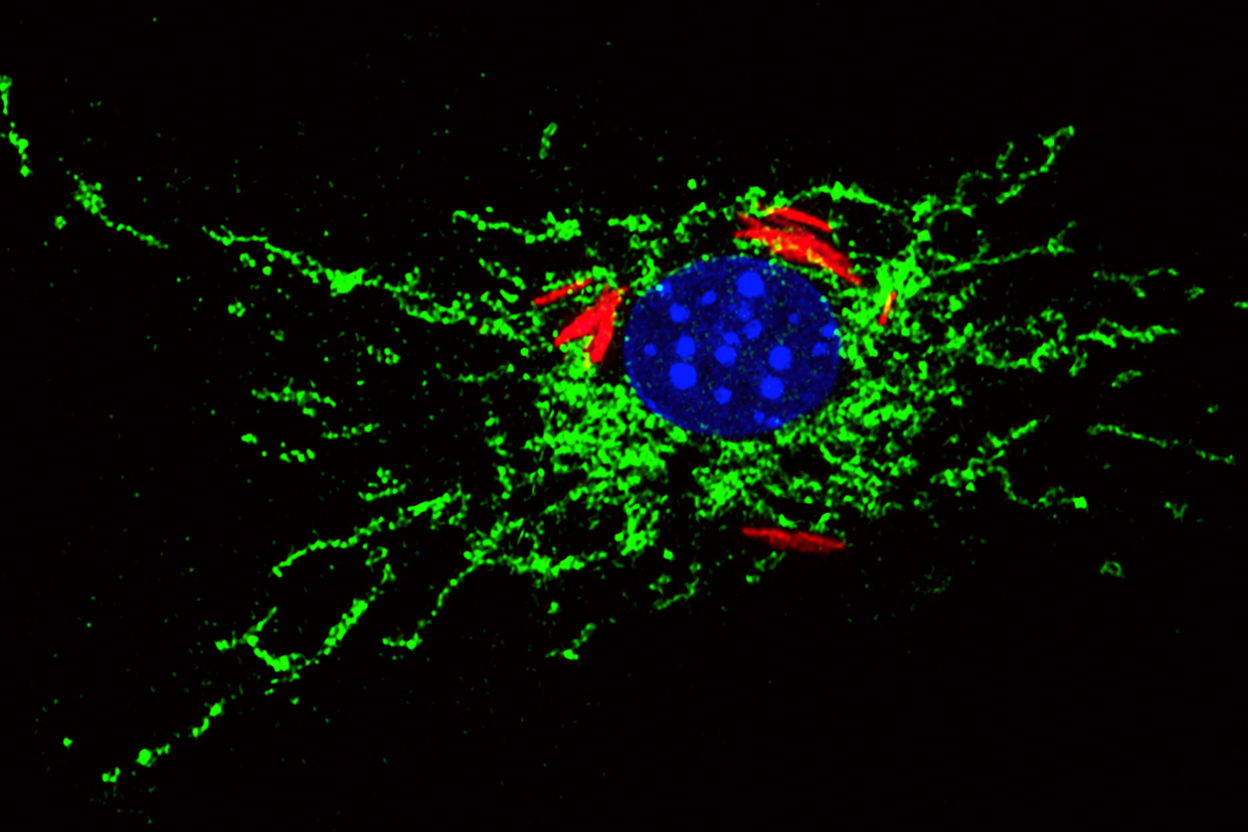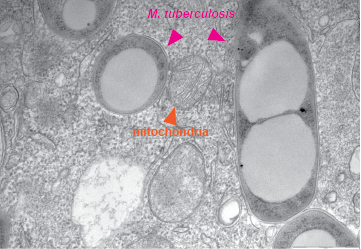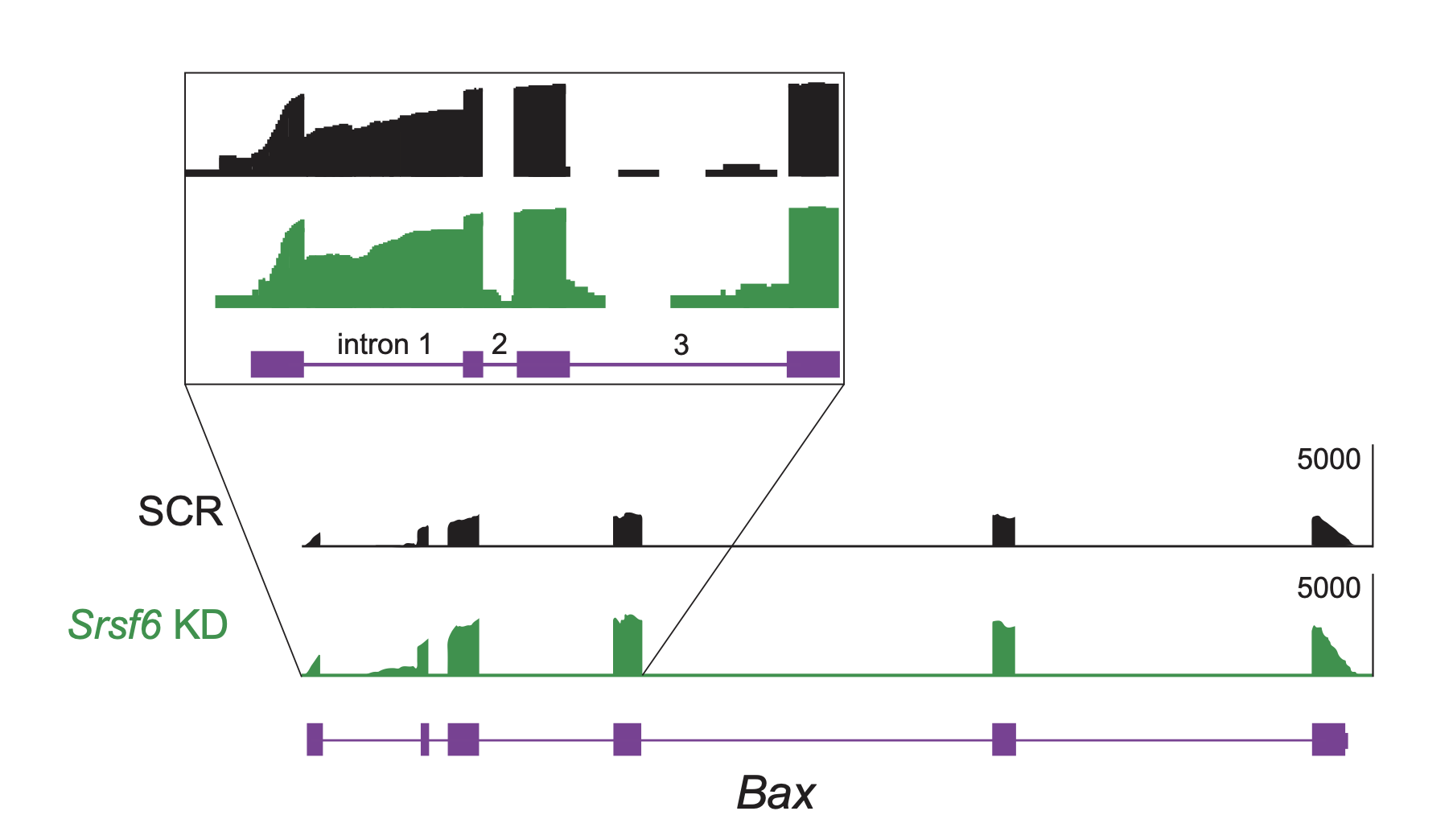Watson Lab
The Watson Laboratory is interested in understanding how cellular metabolism controls innate immunity and inflammation.
Our lab leverages the notorious human pathogen, Mycobacterium tuberculosis, to study how mutations in mitochondrial genes and pathogen virulence factors alter macrophage metabolism and polarize immune responses.


Mutations in genes involved in mitochondrial function are associated with a variety of chronic diseases including Parkinson’s disease, Crohn’s disease, cancer, and importantly for us, susceptibility to mycobacterial infection.
By studying these mutations in the context of Mtb infection and comparing with other pathogens such as Salmonella and Listeria, we hope to discern which metabolic regulatory mechanisms are specific to Mtb infection and which are conserved across all infections, with the ultimate goal of identifying common axes of metabolic dysfunction that precipitate and exacerbate disease.
Through collaborations with the Patrick lab, we also study how post-transcriptional to study how post-transcriptional regulation of innate immune gene expression (mostly at the level of pre-mRNA splicing) impacts infection outcomes.
